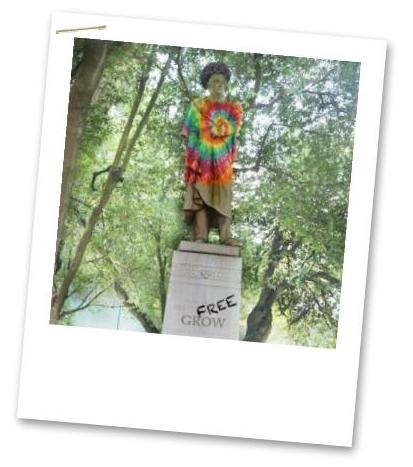
Short story by brewster kahle, 2019 [pdf, googledoc]
Now running, he had never seen the campus cops get aggressive before. Something clicked– he could now see how it could happen, how it was happening to him– he was questioning, even doubting, those he had looked up to, learned from. Now he was told to just obey and he didn’t like it.
What had actually happened was pretty tame from what he was reading in the papers of what was going on other places, but it was something about coming to his campus.
In the morning, his friends in the dorm had convinced him to help prepare for the anti-war protest in the afternoon. This meant that he would have to skip work at the campus hotel, call in sick or something, which was a transgression he was not comfortable with. He was happy with his studies, learning a lot and at high speed, but letting his boss down at the hotel, and having to lie was outside a Mainer’s comfort zone.
But he let his friends win out, making signs, listening to the new music, was more exciting than setting up people’s rooms in the hotel. Hendrix was his favorite—there was something raw and burning that brought it all home to him even though he was in a nice green isolated campus in Vermont on a spring day.
He had read the New York Times in the morning, but he was finding the mimeographed underground fliers more riveting, but more importantly, more true. But “true” might be overstating it–they reported events going on at other campuses in very different ways. What was true was starting to be a bit hard to figure out. The debates on perspectives and underrepresented voices were always understandable but, frankly, a bit abstract compared to sitting down and having to reconcile these different newspapers when he did not have a god’s eye of history to say, “oh, yes, I knew it all along, it really happened this way.” He was just confused. He knew they were not winning the war, but what about the kids at the University of Wisconsin– did the cops really let loose on them for doing, well nothing much? Or was it actually as insignificant as the small piece implied in the New York Times saying some activists were stirring trouble? It was these small issues that helped him the most in understanding from the confusion, by being confused, about what is right or wrong; what is true or exaggerated; how this generation could come to question the fabric that had coddled them.
So he brought his copy of Electric Ladyland that could now legitimately be taken out of the library since last week. He loved his turntable in the dorm living room, where he could turn it up, maybe a bit too loud.
He was the self-appointed music aficionado in his dorm and got to know the music librarian pretty well. The collection was pretty good too, he tried to keep himself to the new-releases display and took to reading Rolling Stone and getting into waiting for things to be put out, usually on Thursdays. It was then that he could take them home and listen there. It was much more satisfying to crank it on the hi-fi than sitting in a little carrel with headphones on. He liked the suspense of waiting for the new releases. 1968 was a good year for music, he thought, and it was bringing together his love of music with the politics and issues that he was waking up to. His program on the campus radio station had gathered more listeners throughout the year, and he was given the best slot, after dinner, because he would play music but also talk about happenings at other campuses that most did not know about. A little bit of context never hurt anyone and if he kept it short, got back to the music, people seemed to even like his historical banter.
Some of his friends really got into the movies, putting on nightly shows once they got the hang of the projectors. It was a bit hit-or-miss since they often had not even seen the movie before they put it on for other students. But it all worked out.
They rarely got to see TV, but they had gathered in the library around the small set last week to see the reporting of Democratic National Convention in Chicago. A police riot is what the underground sheets were saying, but the Chicago Tribute was saying it was provocateurs, and maybe foreign ones, that were disturbing the peace and not respecting the democratic process.
“Glad you decided to come, Bryce” said Ava with a mischievous smile, “or should I call you ‘Moon Child’?” He smiled back, a bit awkwardly, somewhat because he was not comfortable with the monikers, or nom-de-guerre that some of the others are adopting, but mostly because he is feeling guilty about the hotel. “Thanks, Ava, I think this will be fun.”
“What did you bring for us today?” she asked looking at the colorful cardboard square under his arm. Bryce brightened up. “Hendrix came out with a double album that is perfect… perfect for the day, but also perfect for me right around now.” Ava nodded, the deviousness gone, and said, “yes, for me too, I am starting to get it, it has taken me a long time.” Bryce shot back, “Oh, you have always been more accepting of the moment, more in the moment than I have been. I think that is because you are from the city where the media has always been important to you in shaping your world. But up north, we take time in the woods and on the sea, and everything seems to be a bit more, you know, rooted.” “Oh, stop philosophizing and put on the record, we have signs to make.”
“Uh, where did you get the paints and cardboard, Ava?” and now her smart aleck smile returned. “Oh, the Art teacher is an artist herself so she understands if some of the supplies disappear, and besides I think she might be coming to the protest– she is into it.” Bryce looked a bit puzzled, and asked, “are the teachers allowed to come to a protest and one that we have not cleared with the administration?” “Allowed?” Ava pondered, “hadn’t thought of it, yes, I guess she could get in trouble.” Bryce’s expression of “well, yeah” and a bit of fear communicated better to Ava what was at stake. They were breaking rules, skipping work, stealing supplies. In some measure being caught up in the moment, in another measure it was wrestling with the issues inside– they had nothing against the college and certainly didn’t want to get their Art teacher in trouble. “Are you doubting this, Moon Child?” Bryce looked down and tried to think of what he wanted on his sign.
Grateful Dead music poured out of the Kronos College 60 Quad as Ava and Bryce entered. Colorful dresses, flowy skirts and handmade signs all seemed like a party. The Bronze statue of the Founder of Kronos had been given an afro wig and colorful shirt. The large letters of the motto on the statue that said “Grow” had had a painted addition so it now said, “Grow Free.”
But looking over towards the administration building there was a row of men in blue in formation and looking… dangerous, with billy clubs across their backs. Bryce and Ava wondered if there were that many cops on campus and they looked closely at the faces. Bryce said: “That is my boss, Mr. Stills, from the Hotel, what is he doing here?” Bryce walked towards him, but there was no eye engagement at all. Bryce could not figure out the look in his face– was Mr. Stills happy about being there, or a bit afraid of being there?
The student president started off his speech with a ponderous argument against the war, but was drowned out pretty fast with chants of “hell no, we won’t go” and people rushing the stage. He could not even finish his speech and was taken over by a disorganized sequence of Buddhist chants, tirades about mistreatment of American Indians, and even a Dylan lookalike trying to get everyone to sing together.
A change in tone came abruptly when a tall older man, not a student and not from around there, started talking about the school and the role it plays in supporting the power structure. He launched into it: “How could a college that is focused on history, on looking back, when there are big problems to solve. THEY said THEY would make a better world, but THEY didn’t. Why re-learn their mistakes when we need new ideas and action to address the future.“
The speaker then pointed at the administration building shouted “There, that is where the puppet masters work, that is where the real power lies, and lie it does! If we are really going to make a change it is not going to be complaining about a distant Washington, it will be remaking our school to be relevant.” The students were starting to get riled and pumping up and down their signs. “Now, who is with me? Who will take on the administration and take over this campus?”
And this is when the shouting started. The microphone went dead. The students were now a mob with different people calling out directions. “On to the administration building!” and the row of campus cops, in unison, came to attention. Bryce did not like where this was going, but was feeling the crush of students goading themselves on towards the cops.
Bryce, now 20 feet off from the line, made eye contact with Mr Stills who looked stern and frightened. Breaking role, Mr. Stills shook his head, looked straight at Bryce, and called: “Leave. Leave Now. Run.”
And Bryce and Ava ran. They ran out of the Quad and the day snapped back into a beautiful spring day, but they were shaken. They did not know what to do or where to go, so they went to the library, where Bryce always felt safe.
Collapsed into the chairs in the music section, Bryce and Ava did not speak. Carol the librarian came over and smiled in as calming of a way as she could. Bryce implored, “Is it always this way, does this always happen?”. “No, no it is never the same. 1968 was a cataclysm and it unfolds differently for different classes– never the same, but always deeply affecting.”
In the library, they were allowed to come out of period, see the bigger picture, read from the future, and it gave Carol, and all librarians, a special role in the student’s lives. She continued, “Each Kronos College class’s 1960s reflects the students’ real-life backgrounds and their group dynamics– always the 60’s but a different slice. Some classes, when they get to 1968, they are much more into the hippy thing, the drugs, the awakening. There is something about your class that has always been attuned to the politics. Even last September, your 1960 month, your class was completely engaged in the election and the buildup of atomic weapons. The Cuban Missile crisis of 1961 hit you guys very hard, if you remember.”
Bryce and Ava had now caught their breaths, helped by someone to pull them out of the intensity in the Quad to put it in some perspective. Carol went on, “Your class is asking the right questions, though, and really staying in the moment– this is not easy for everyone to do. 1968 was very intense even on small college campuses. Compressing 1968 down to one month is a headspin that is difficult to take. Assassinations, the draft, Saigon… Sometimes I wish we could spend a full year in 1968– there is so much and so many perspectives. Think about villagers in Vietnam, student riots in Paris, and later, as the song says ‘4 dead in O-hi-o’”.
“I just hope no one gets hurt out there,” Carol mumbled under her breath.
The next morning Bryce went early to the Hotel to apologize, but Mr. Stills put him right at ease. He said he understood the torment, excitement, and rebellion. “I was a Kronos 60 student once, you know, I know 1968, I know it well.” Mr. Stills went on, “For me, I got caught up and got hurt, not from a billy club, but by acting in ways I am not proud of, not proud of to this day. But I think I learned a great deal about the times and myself. If I could be swept into these things, I can just imagine what it was like to be a confused college kid in the real 1968– graduating meant getting drafted. All pretty real.”
Bryce was relieved and thankful, but then looked quizzical– “but you were a cop yesterday…” “Yes,” Mr. Stills answered slowly, “it is not an easy job, but the school needs us to take different ones at different times. It is tough, most of us want to be on your side.” He paused, “and it is not clear exactly where things will go, each year is different. It used to be much more student-run, but over the years, or should I say decades, we have learned that things can get pretty out of hand.”
“Now please set up your rooms for the incoming visitors, we have 20 coming for this week, and they bring in a lot of the real-life money we need to keep Kronos debt free. We have new sets of clothes because we are at the end of 1968 and the fashions were widely varying and changing quickly. Most of the guests like the hippy garb, and we try to make them look as good as we can even though they usually weigh too much. But give them the other outfits in their closets, maybe they want to be a farmer or plumber instead. Oh, and make sure you change out the newspapers, magazines, and records. The joints get hidden in the teapot, the visitors are expecting that.”
Bryce and Ava had another month in the 1960s to go. Bryce was looking forward to Led Zeppelin’s first album. Ava was thinking of applying for a job as an assistant Art teacher so she could stay– she liked art nouveau– so maybe in Kronos 20, but was not sure.
Right now, 1968 was causing their heads to spin.
Causing them to Grow. Grow Free.

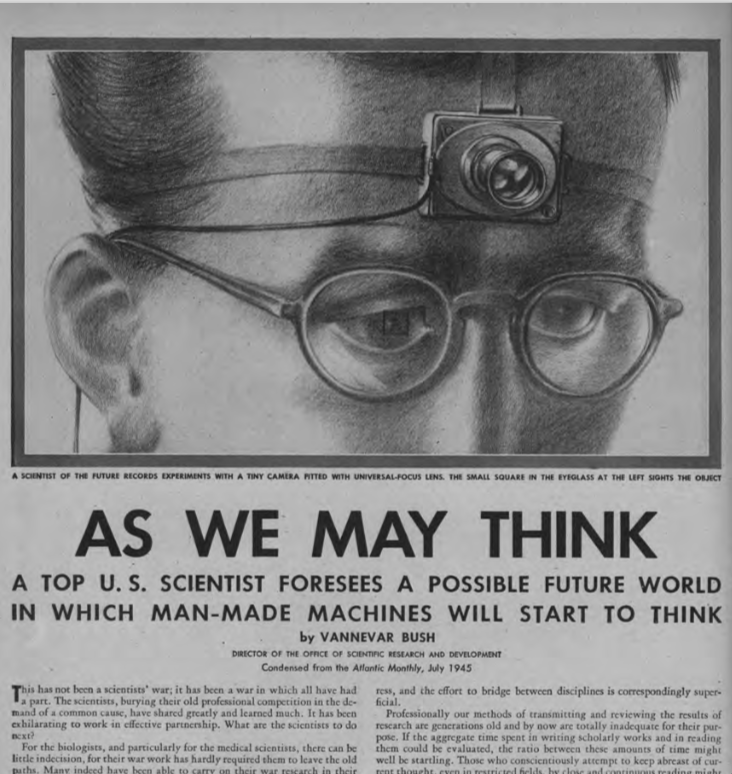
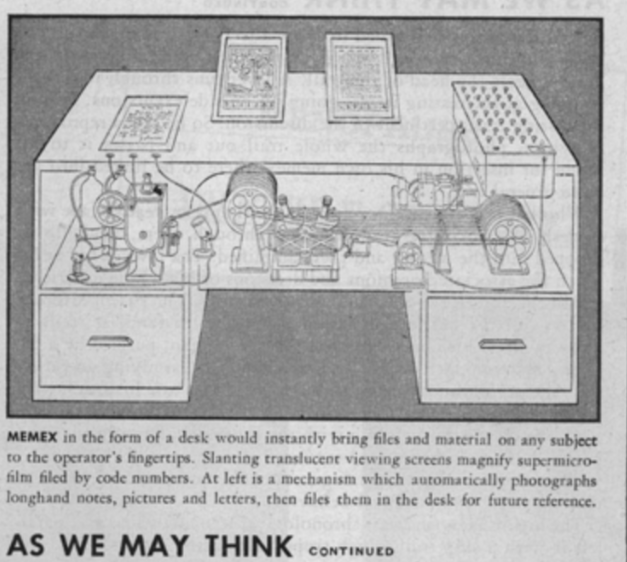
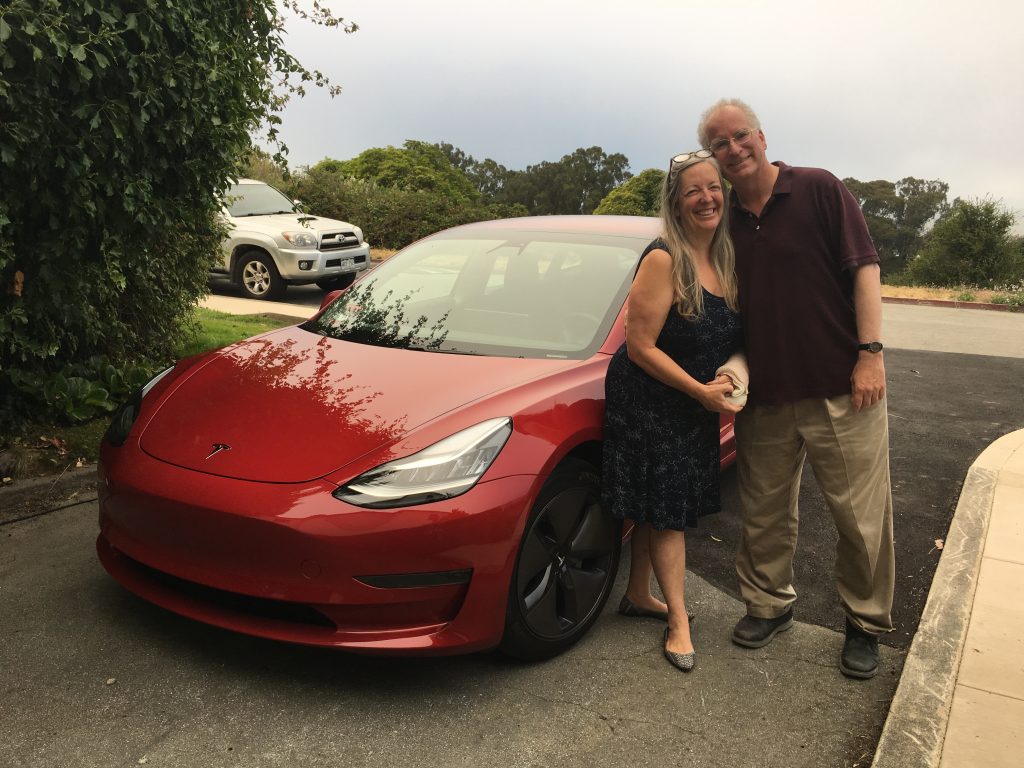
 I am in China and
I am in China and 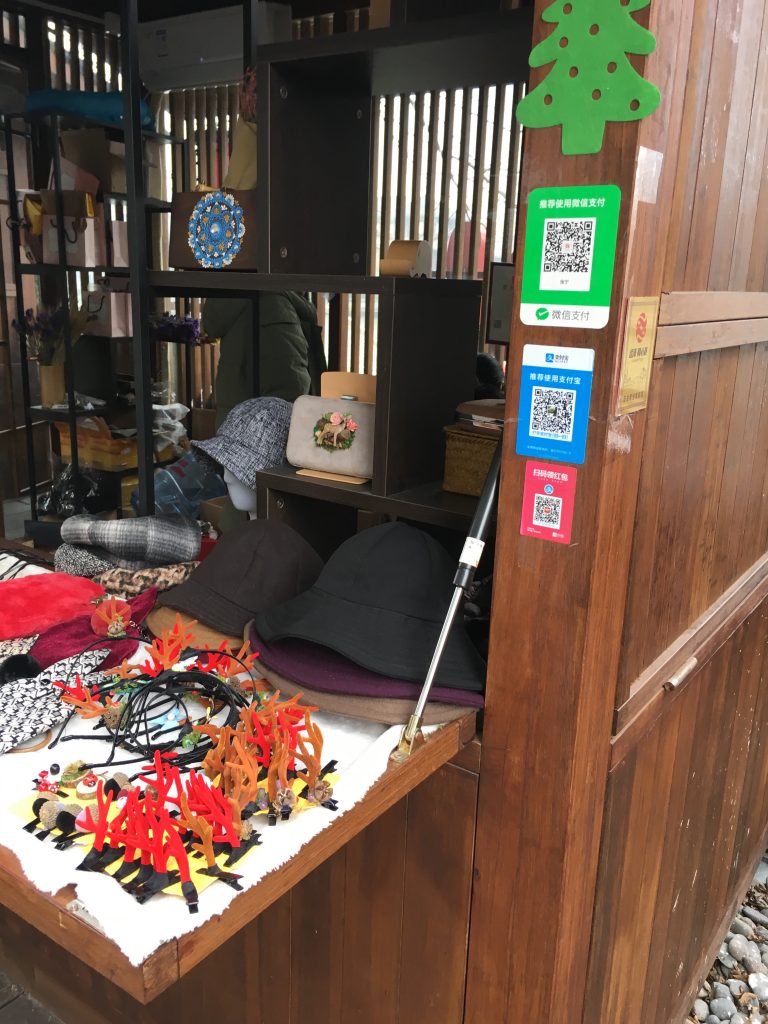 But it is more than just a convenient credit card system in a land that did not go to credit cards. AliPay seems to have very very low payment threshold making new businesses possible.
But it is more than just a convenient credit card system in a land that did not go to credit cards. AliPay seems to have very very low payment threshold making new businesses possible.
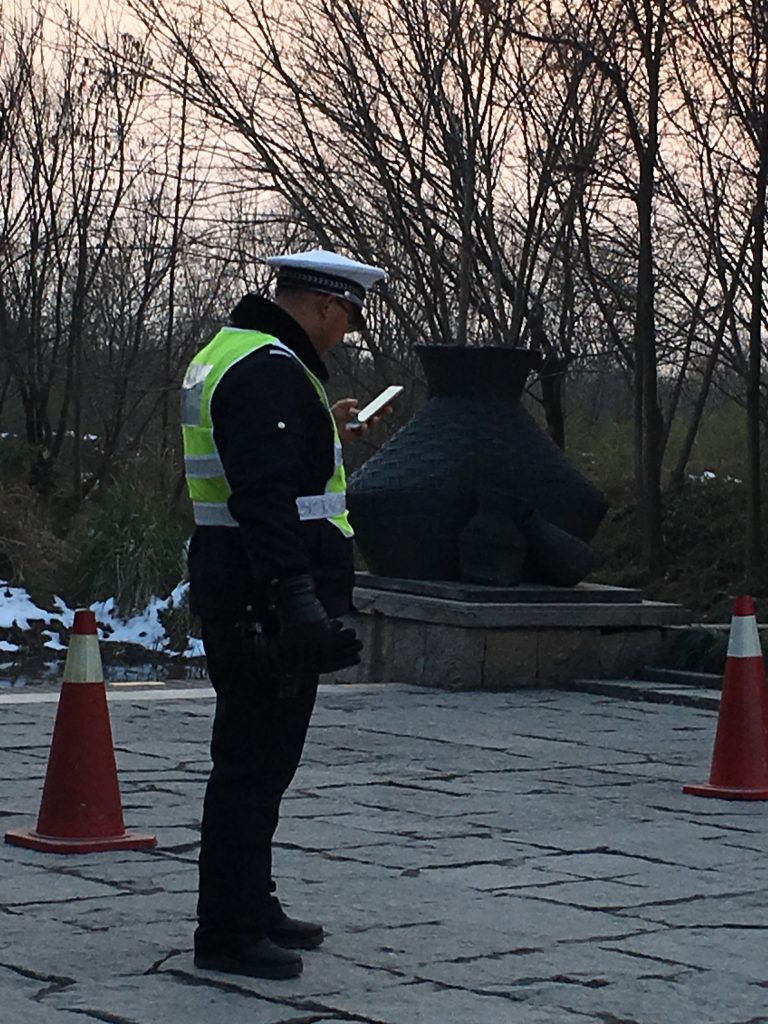 and it costs $28/year, and most rides are free (unless you keep the bike longer than the normal hour or so, and which case it costs 14 cents per hour).
and it costs $28/year, and most rides are free (unless you keep the bike longer than the normal hour or so, and which case it costs 14 cents per hour).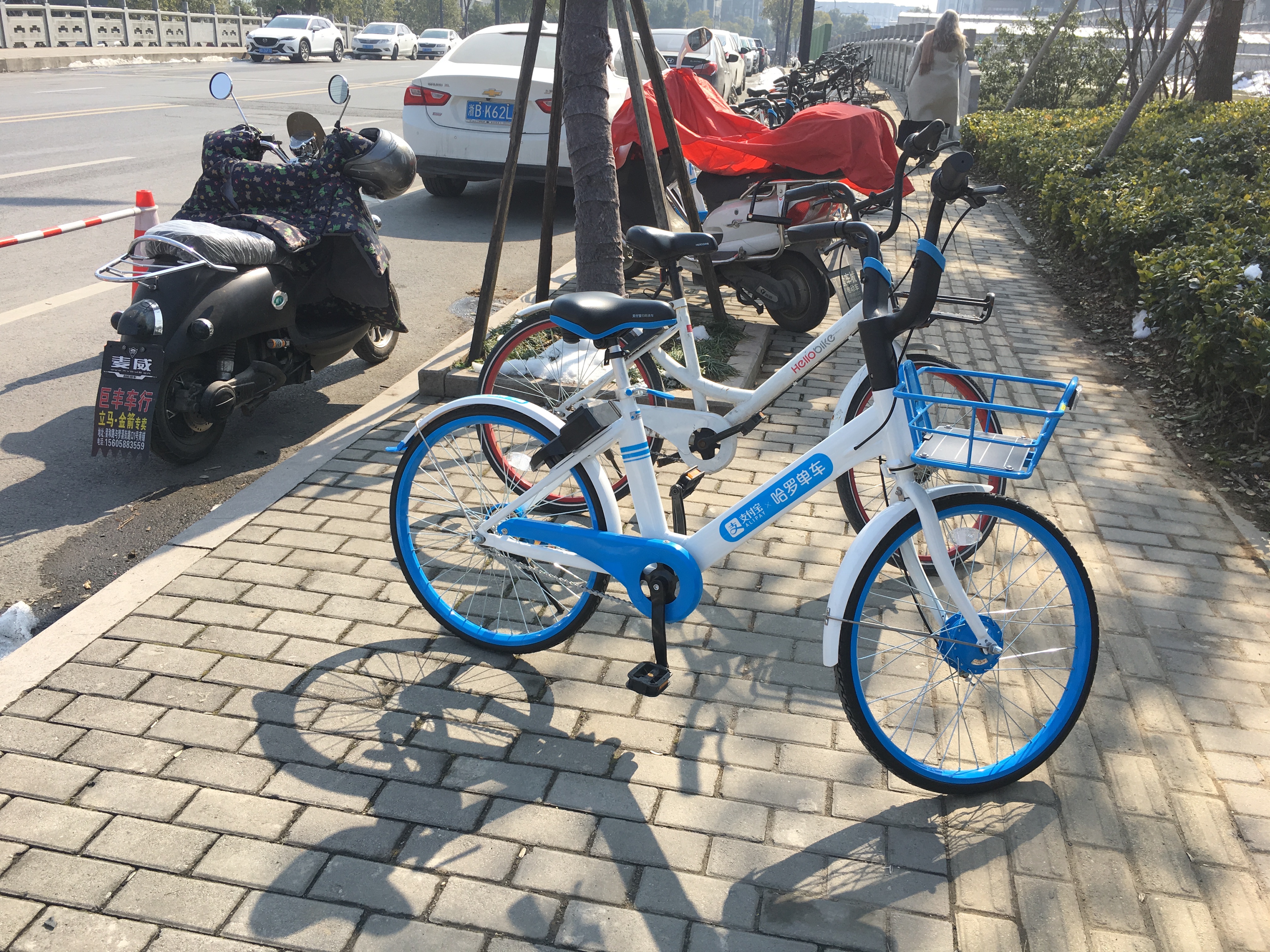 competition and as I said, they are everywhere. The payment system is only part of why this works (also the bikes are inexpensive and there is enough trust that these do not need to be locked down).
competition and as I said, they are everywhere. The payment system is only part of why this works (also the bikes are inexpensive and there is enough trust that these do not need to be locked down).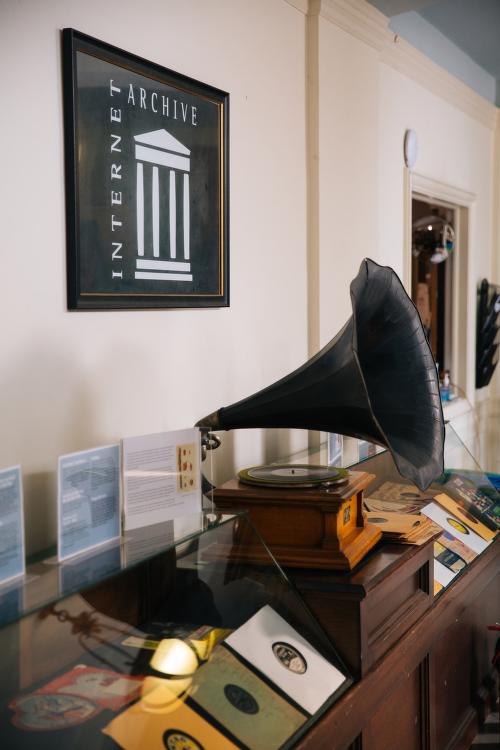
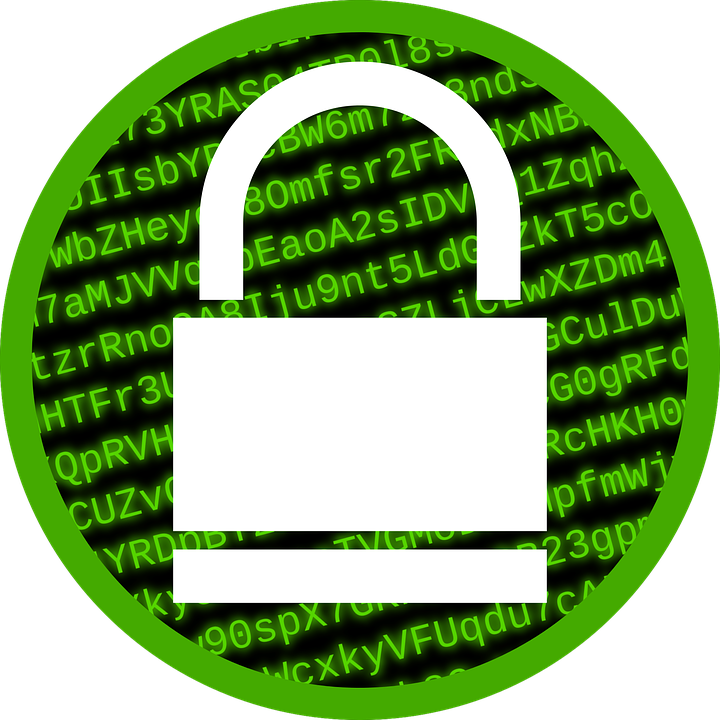 I am upgrading the security of my communications while still being easy to use. I thought I would share what I currently use in case it is helpful to copy and I would appreciate comments.
I am upgrading the security of my communications while still being easy to use. I thought I would share what I currently use in case it is helpful to copy and I would appreciate comments.